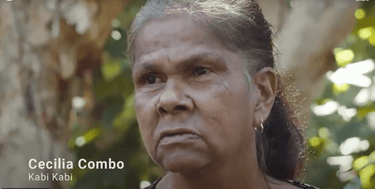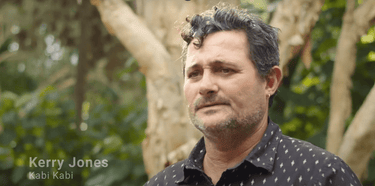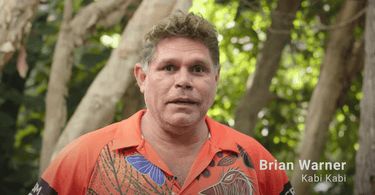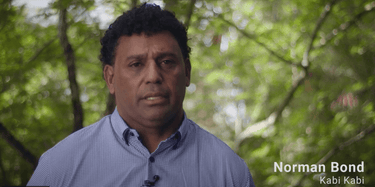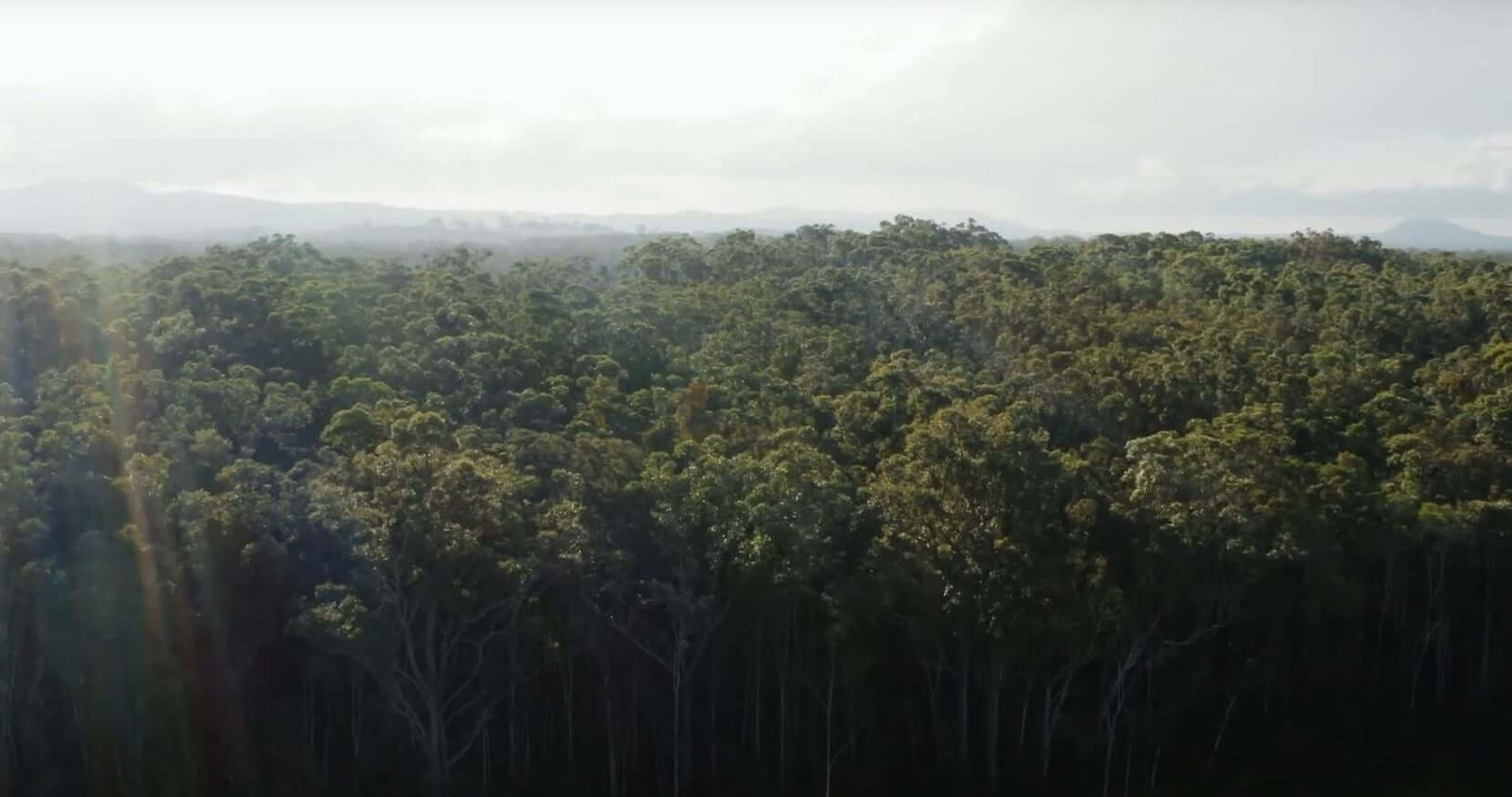Spanning two sites located on Kabi Kabi Country in Queensland, Yurol and Ringtail make up around 900 hectares of cleared land that Greenfleet is restoring to legally protected native forest as they transition to National Park in the Noosa Hinterland.
This project is:
- Protecting our climate by restoring legally protected native forest
- Creating vital habitat for koalas, that are endangered in Queensland
- Delivering verified social and cultural benefits for Traditional Owners
- Replacing monoculture plantation with biodiverse native ecosystem
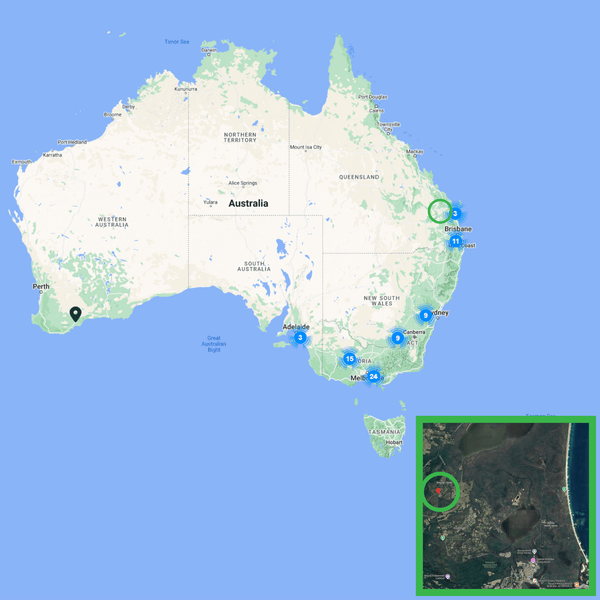
Project Overview & Location
Greenfleet is restoring around 900 hectares within 2,400 hectares of new National Park. Located in the Noosa Hinterland, the revegetation area is an incredible 1,000 times the size of Queensland Suncorp Stadium’s playing surface.
By re-establishing a native biodiverse forest and creating protected koala habitat, Greenfleet is building on an award-winning project initiated by Noosa Parks Association, with support from Noosa Shire Council, Noosa Landcare, and the Queensland Government.
This project adds to Greenfleet’s ecosystem restoration work in this region, including Dangerbridge, which is a long-term project located just north of Noosa. You can see where more of Greenfleet’s revegetation projects are growing here.
"This is something that we’re going to be able to look back on, to see 2,400 hectares of land come across to national park, revegetated to capture some carbon, create wildlife connectivity, koala habitat, water quality advancements, Indigenous work, Kabi story lines. I think in my lifetime, this will be the single biggest environmental improvement that I see. It’s an exciting project.” - Phillip Moran, General Manager at Noosa District Landcare
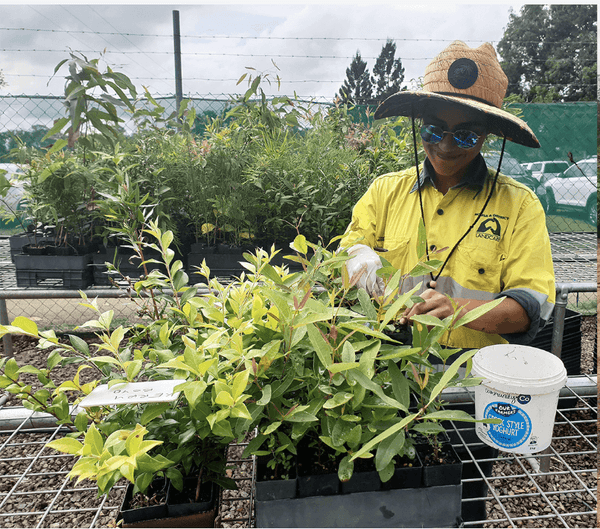
A Landmark Agreement With Traditional Owners
In 2021, Greenfleet signed an Indigenous Land Use Agreement (ILUA) with the Kabi Kabi Peoples Aboriginal Corporation, which represented a vital step in this project.
Together with Kabi Kabi people, the Traditional Owners of Queensland’s Sunshine Coast region, Greenfleet has developed a new carbon offset with cultural and social co-benefits that are verified by the Aboriginal Carbon Foundation.
Rowan Foley, who is CEO of the Aboriginal Carbon Foundation, advised “the reason why Traditional Owners are involved in these types of projects is to look after Country. Greenfleet will support Traditional Owners in looking after Country – so it’s very much a win-win situation here.”
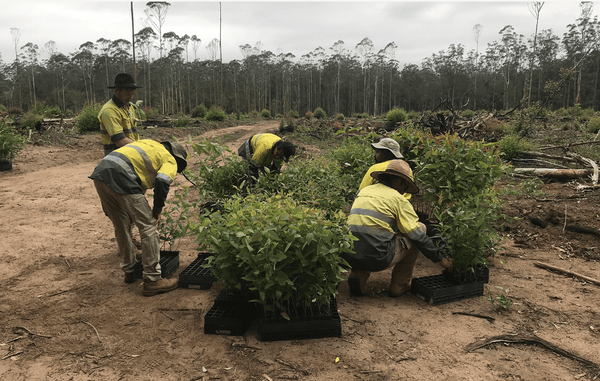
The creation of these offsets ensure that we are providing economic support to the Kabi Kabi people while taking critical steps to protect our climate. In partnership with Noosa District Landcare, we are also seeking to offer employment opportunities and traineeships that will help Traditional Owners work on Country.
Greenfleet CEO, Wayne Wescott said, “we’re thrilled to have reached this agreement with Kabi Kabi. To be able to combine climate action with a direct revenue stream for Traditional Owners, jobs on the ground, and to help bring their young people back to Country by providing capacity and opportunity: it’s a rich and sustaining partnership, and one that I feel very proud of”.
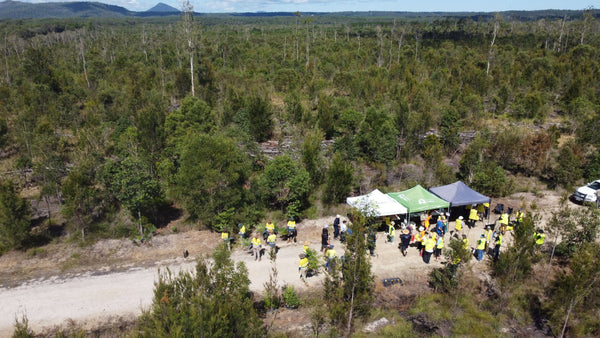
Native Title Determination
In 2024, the Kabi Kabi people were awarded Native Title over the Sunshine Coast, recognising them as the Traditional Owners of the land covering Noosa, the Glasshouse Mountains, Bribie Island and Mudjimba Island.
Greenfleet and our supporters congratulate the Kabi Kabi people for this recognition and are proud to work directly with the Kabi Kabi Peoples Aboriginal Corporation (KKPAC) in restoring this region's native forests. We recognise the incredible effort from their community in reaching this milestone.
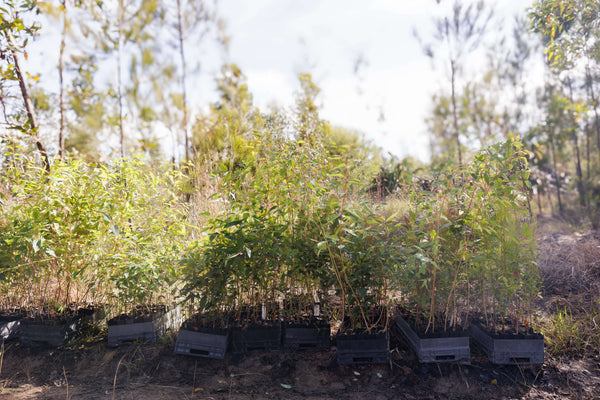
Revegetation Approach & Species Selection
Due to the historical forestry plantations across these sites, there has been depletion of a naturally biodiverse forest canopy. One of Greenfleet’s ecological priorities is to restore the forest canopy to provide protection to understorey species and build habitat for native wildlife, including koalas.
Greenfleet planted 13 different locally native species as a part of the project to help increase the biodiversity across the sites.
Fast-growing eucalypt species are being planted to form the forest canopy, including species such as blue gum (Eucalyptus tereticornis) which is also preferred source of habitat and food for koalas. Other species planted include brush box (Lophostemon confertus), a fast-growing pioneer species that can help re-establish woodlands, and forest sheoak (Allocasurina torulosa), which is used for habitat by glossy black cockatoos.
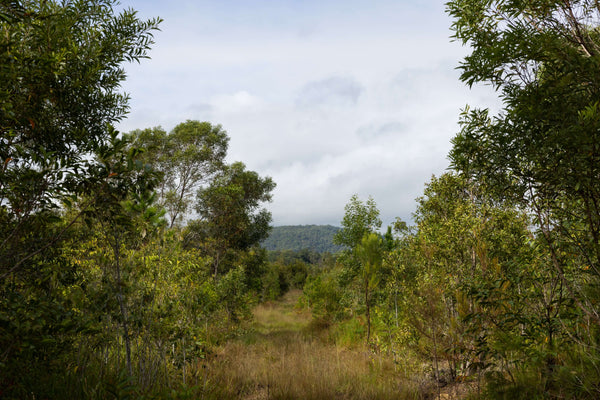
Wildlife Habitat Restoration
While delivering climate action and supporting reconciliation, this project will help create and extend critical habitat for the region’s wildlife.
By re-establishing a native biodiverse forest on land previously cleared for timber plantations, Greenfleet is extending legally protected native forest that will directly benefit species such as koalas and the native mammals, birds, reptiles, and frogs that call the national park home.
Greenfleet’s revegetation work is particularly important for species like koalas and greater gliders as they are listed as endangered in Queensland.
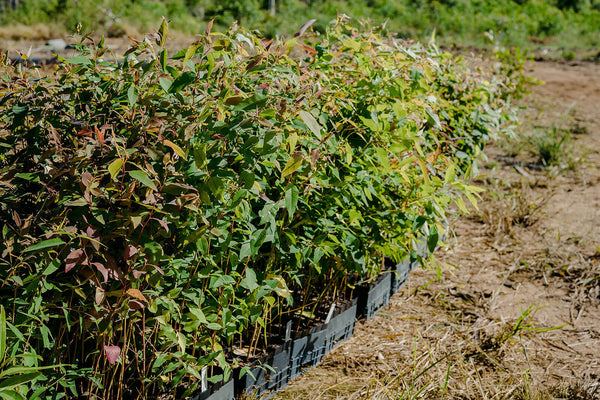
Climate Action
Greenfleet’s ecosystem restoration work delivers climate action by removing carbon from the atmosphere as our forests grow. We use the Full Carbon Accounting Model (FullCAM) to measure the carbon uptake at each of our reforestation projects.
The multi-year project at Yurol Ringtail is establishing a legally protected forest that will capture around 700,000 tonnes of carbon across its lifetime. This is the equivalent emissions produced by over 160,000 average cars in a single year.
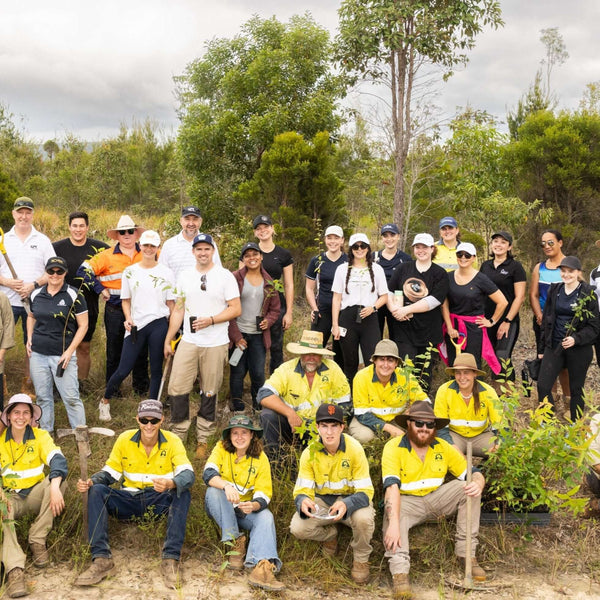
Partners
Our Principal Project Partner on this project is the GPT Group. Some of their team are pictured here on a visit to the site in 2024.
Greenfleet is also working with a number of organisations to bring this project to life.
- Kabi Kabi Peoples Aboriginal Corporation
- Aboriginal Carbon Foundation
- Noosa District Landcare
- Noosa Shire Council
- Noosa Parks Association
- Queensland Government
When reflecting on this project former Noosa Council CEO, Brett de Chastel, said “what separates this project from others is two things; Firstly, it’s changing the scale. We’re talking regional connectivity of over 2,400 hectares. And secondly, it pushes back. It is actually restoring land, not just preserving it.”
Hear more from Brett de Chastel and Greenfleet’s CEO Wayne Wescott in the video below.
What This Project Means To Kabi Kabi
-
![]()
Cecilia Combo
Watch here -
![]()
Kerry Jones
Watch here -
![]()
Brian Warner
watch here -
![]()
Norman Bond
watch here
Location Size
Around 900 hectares within 2,400 hectares of new National Park in the Noosa Hinterland, Queensland
Planting Dates
2020, 2021, 2022, 2023, 2024, 2025
Species
- River red gum (Allocasurina torulosa)
- Pink bloodwood (Corymbia intermedia)
- Bancroft's gum (Eucalyptus bancroftii)
- Flooded gum (Eucalyptus grandis)
- Tallowwood (Eucalyptus microcorys)
- Grey gum (Eucalyptus propinqua)
- Snappy gum (Eucalyptus racemosa)
- Red mahogany (Eucalyptus resinifera)
- Swamp mahogany (Eucalyptus robusta)
- Blue gum (Eucalyptus tereticornis)
- Brush box (Lophostemon confertus)
- Broad-leaved paperbark (Melaleuca quinquenervia)
- Turpentine (Syncarpia glomulifera)



